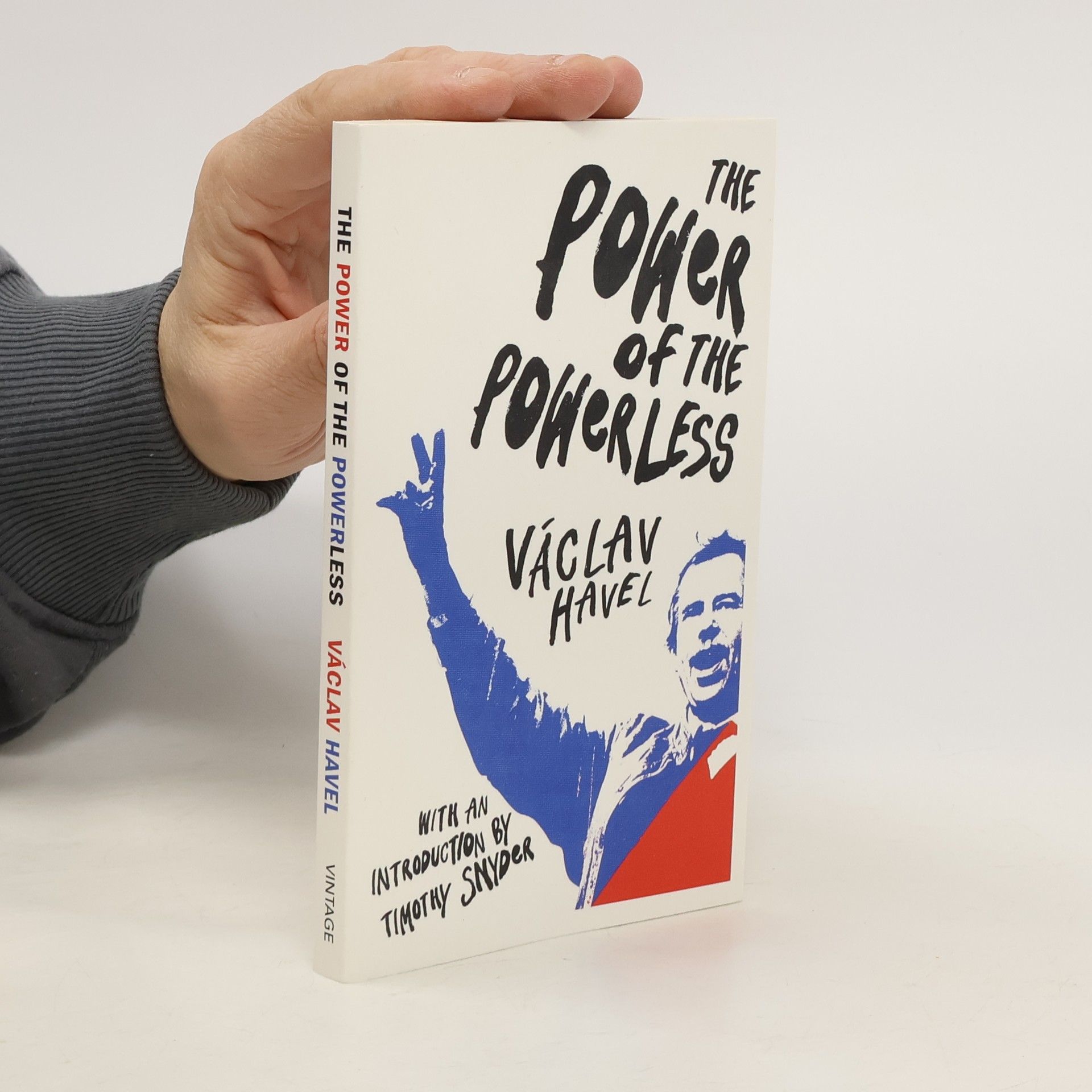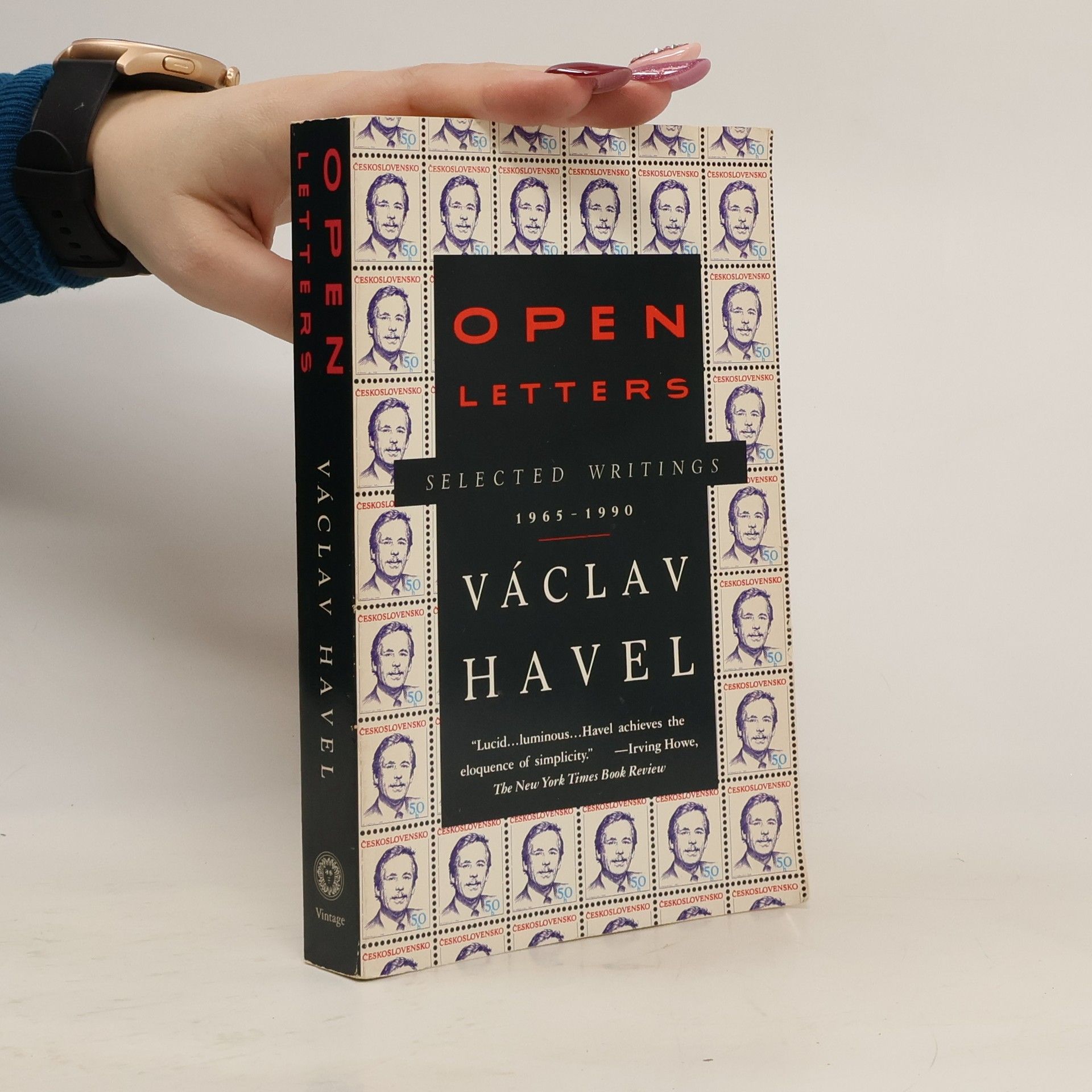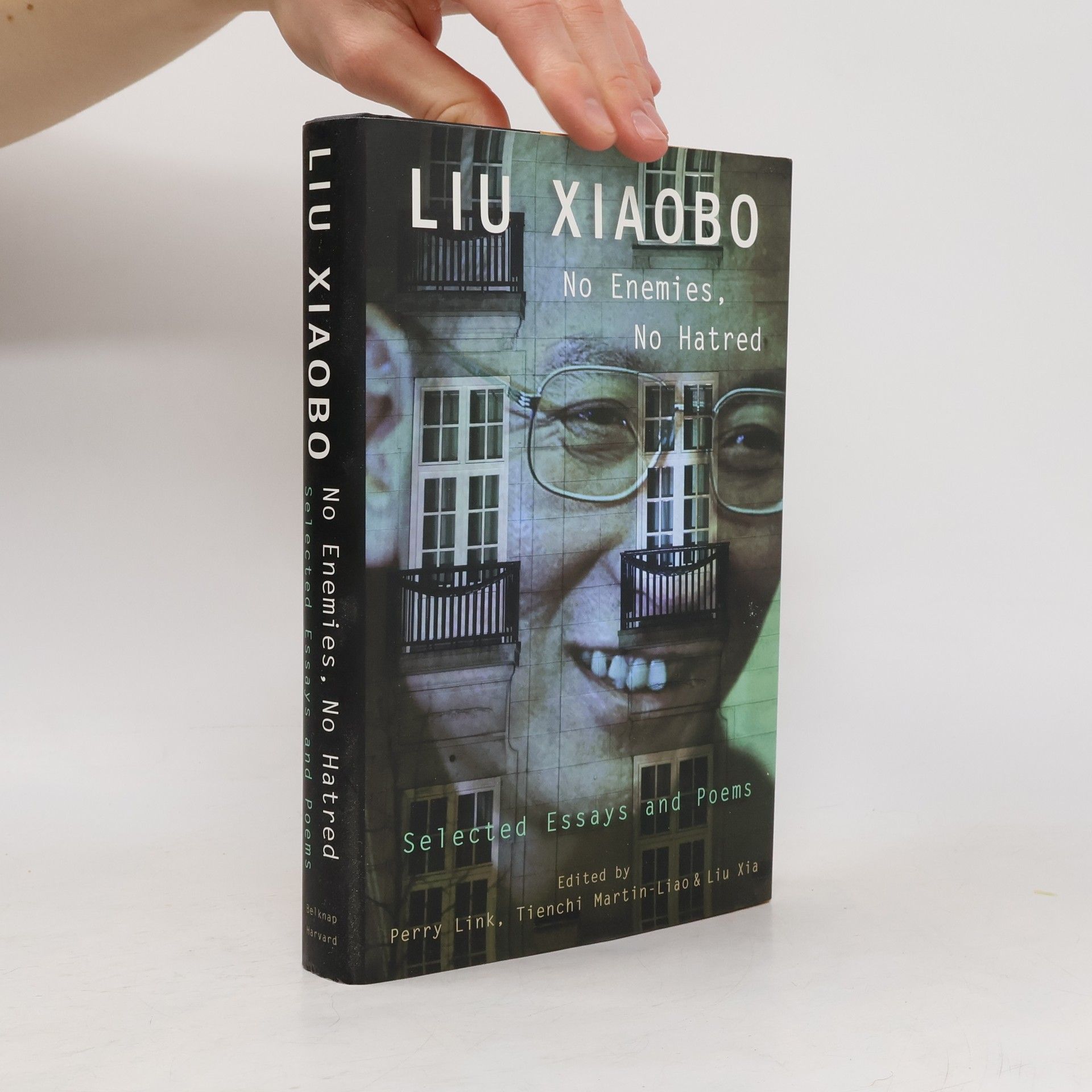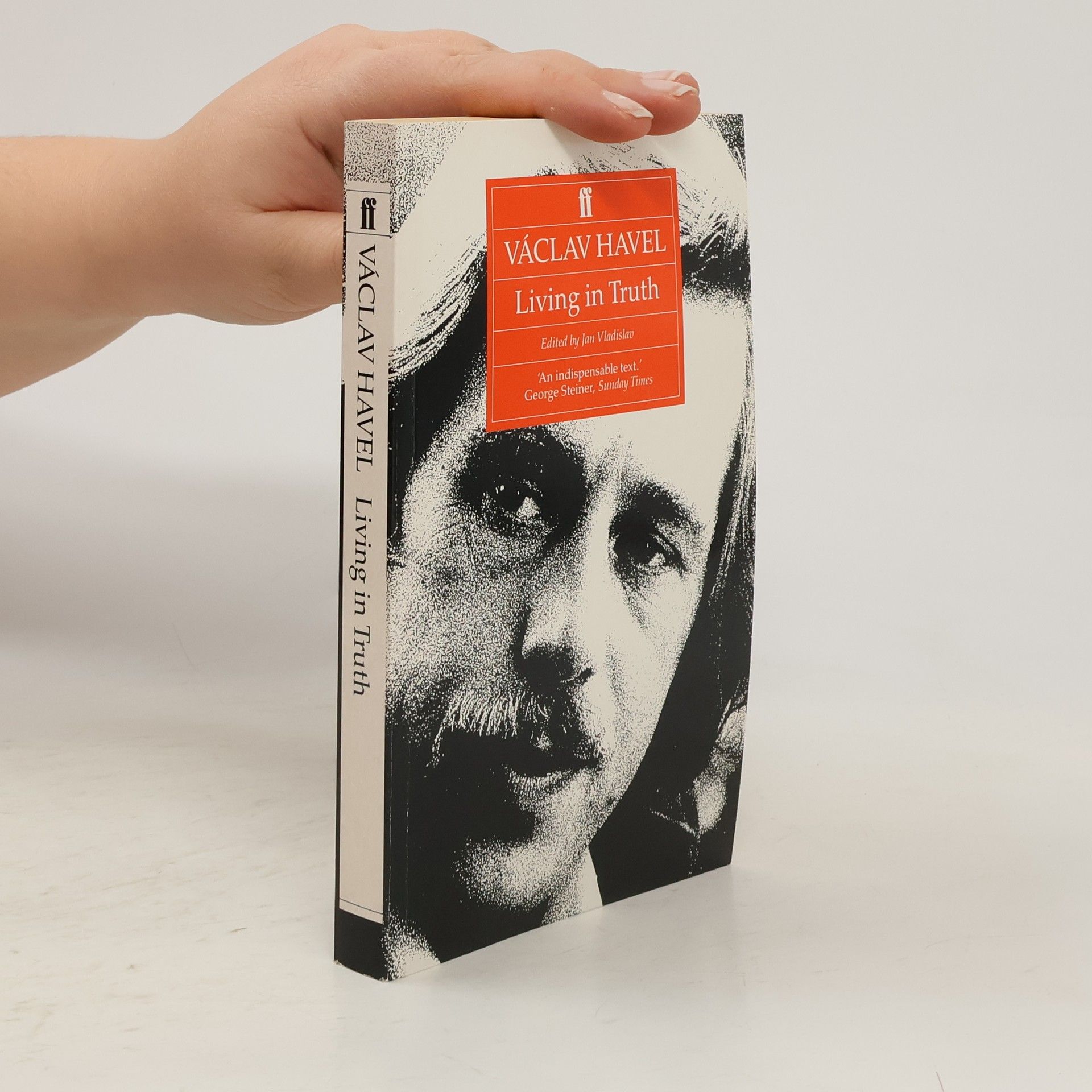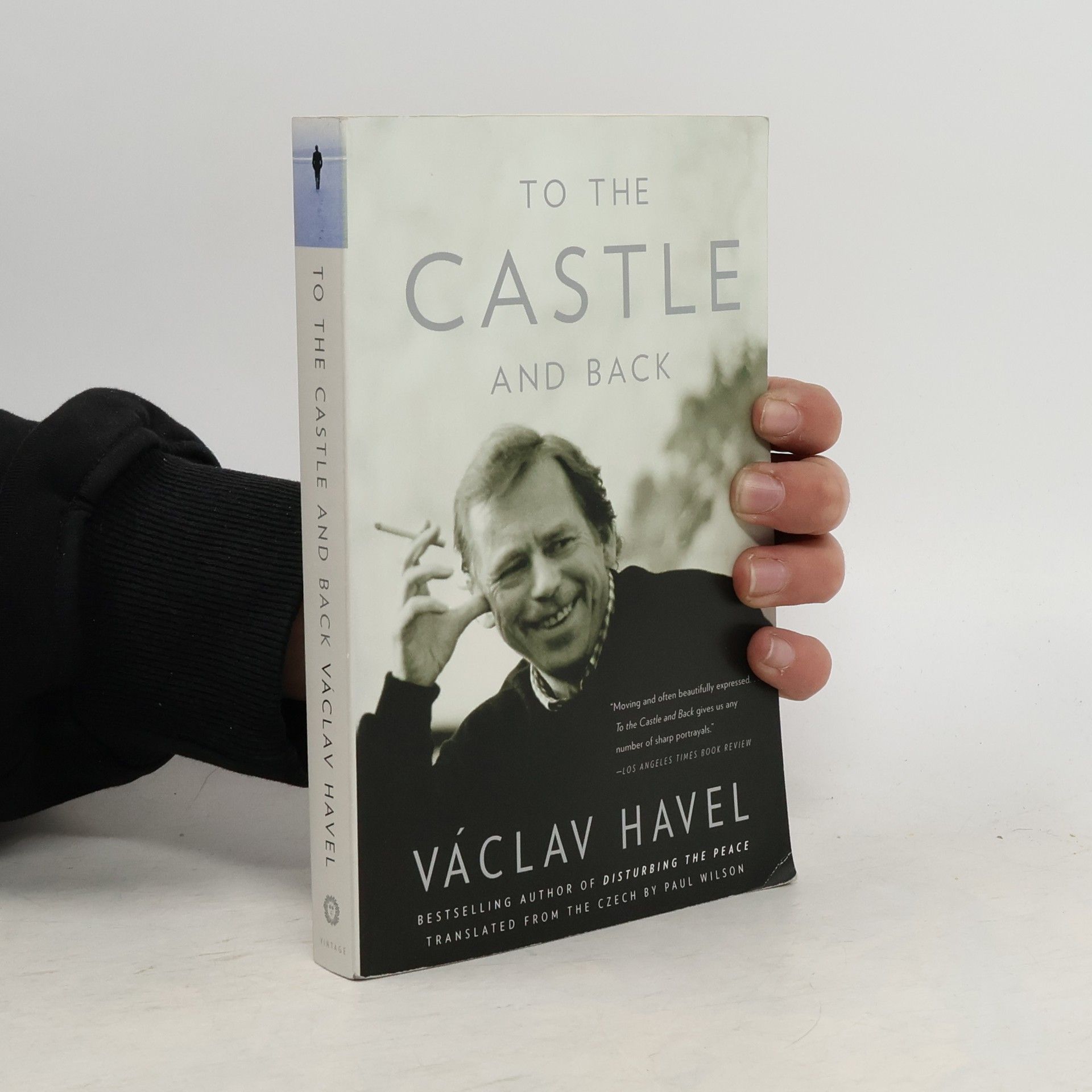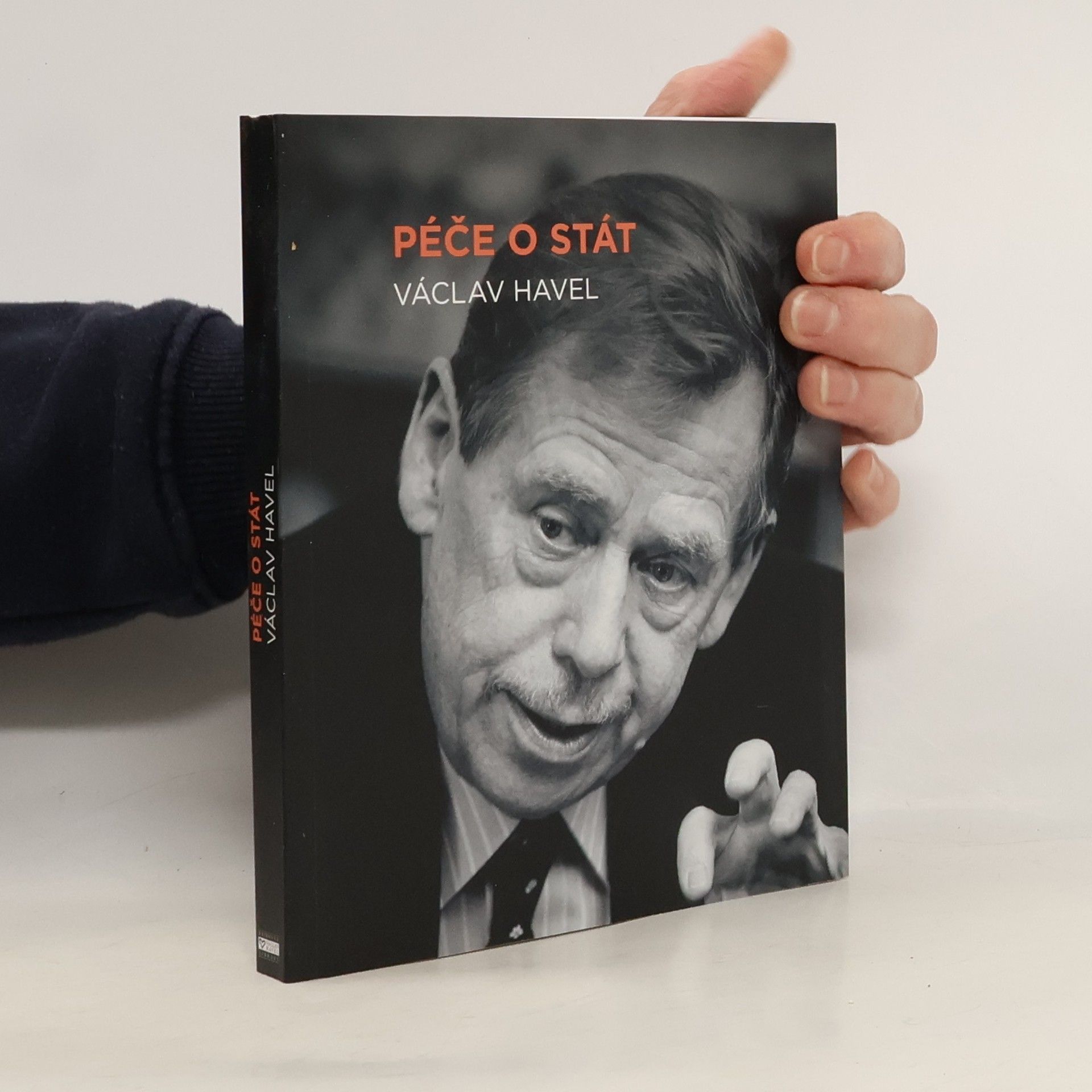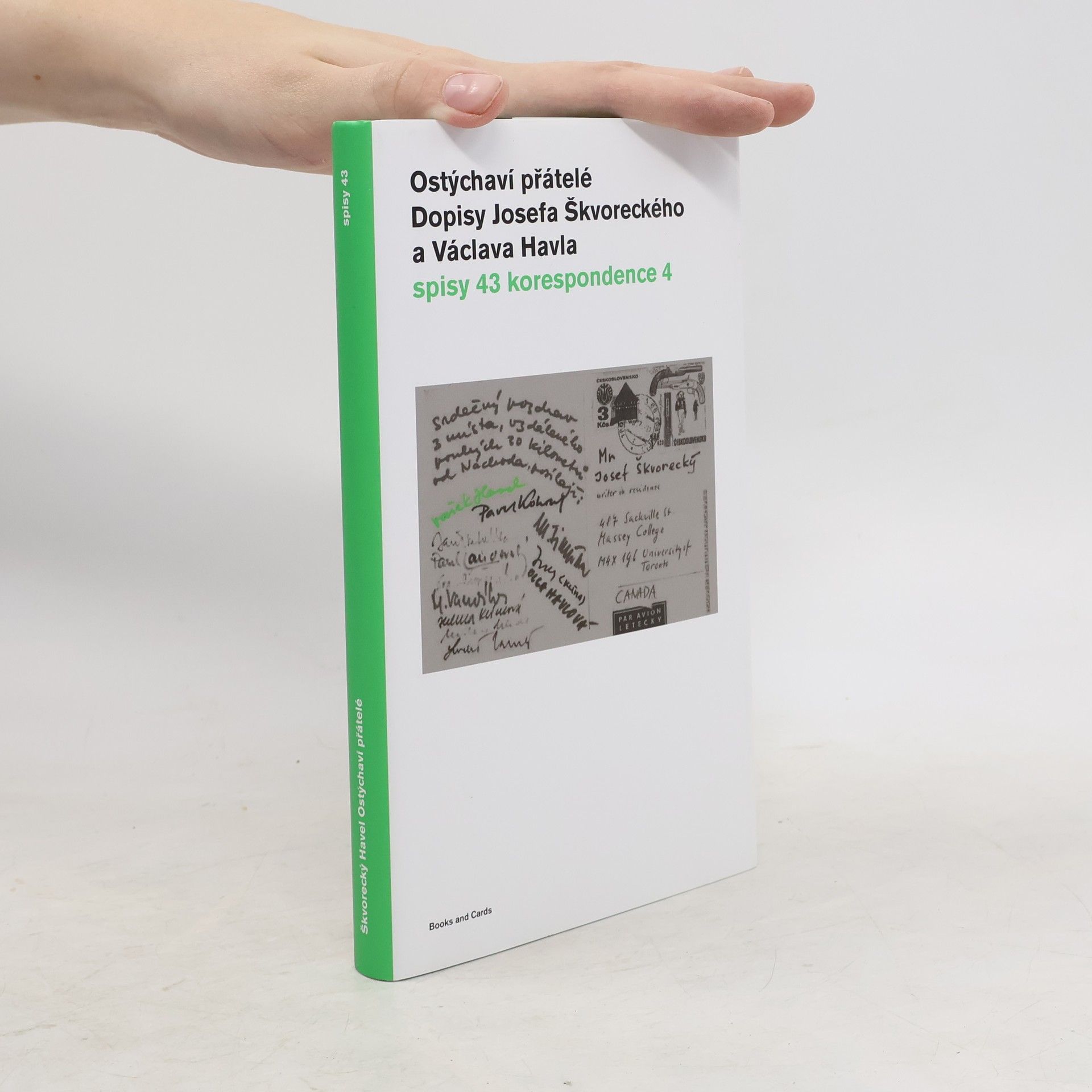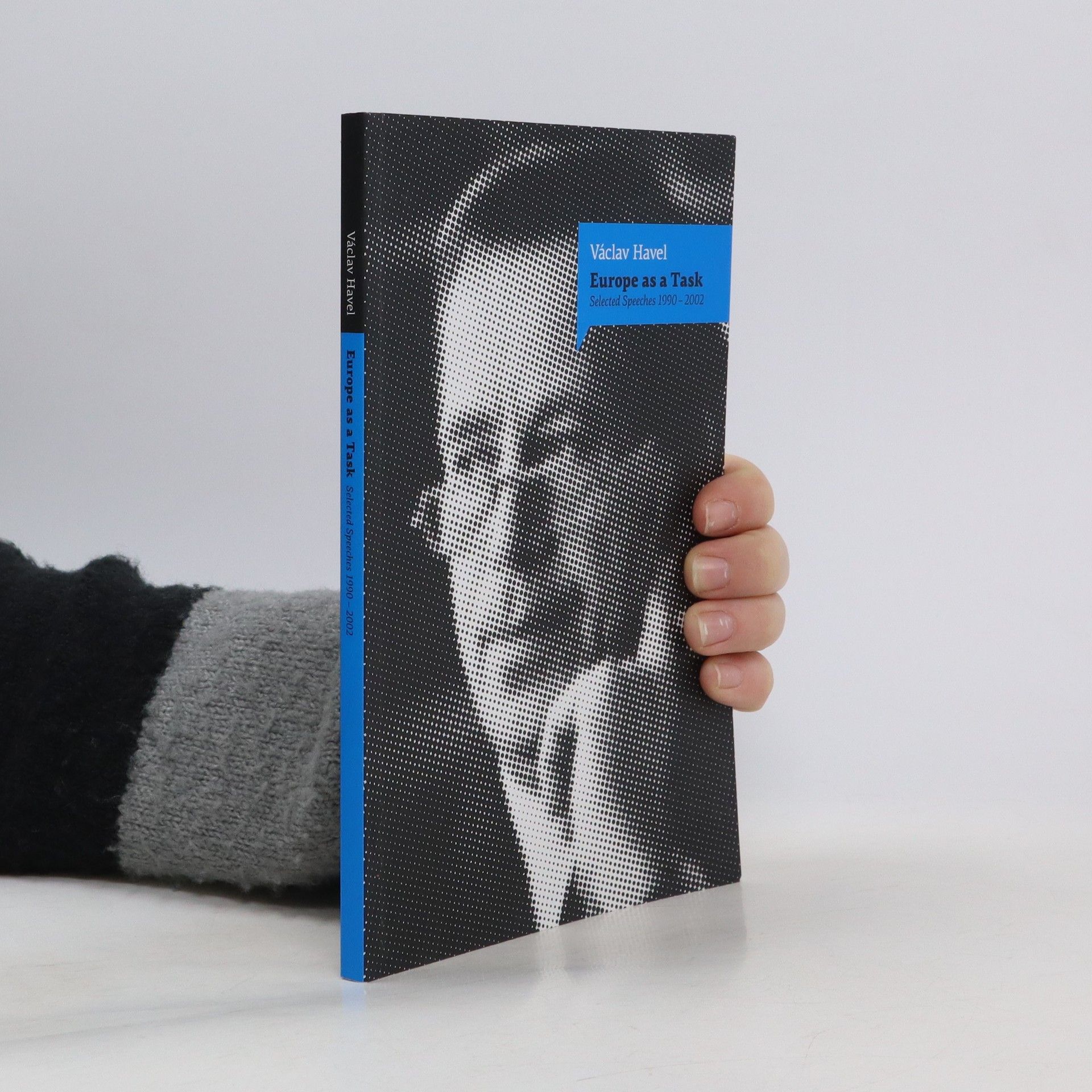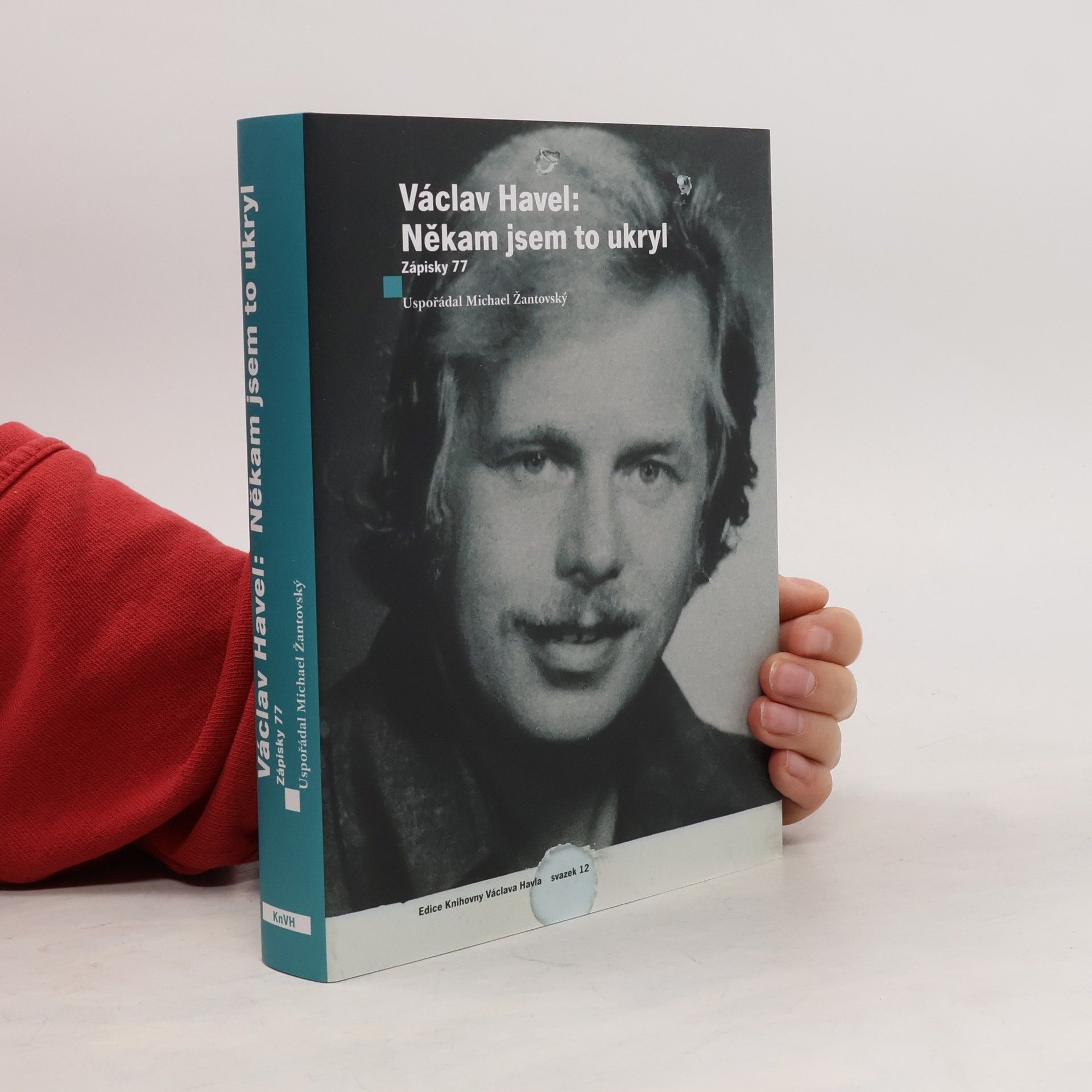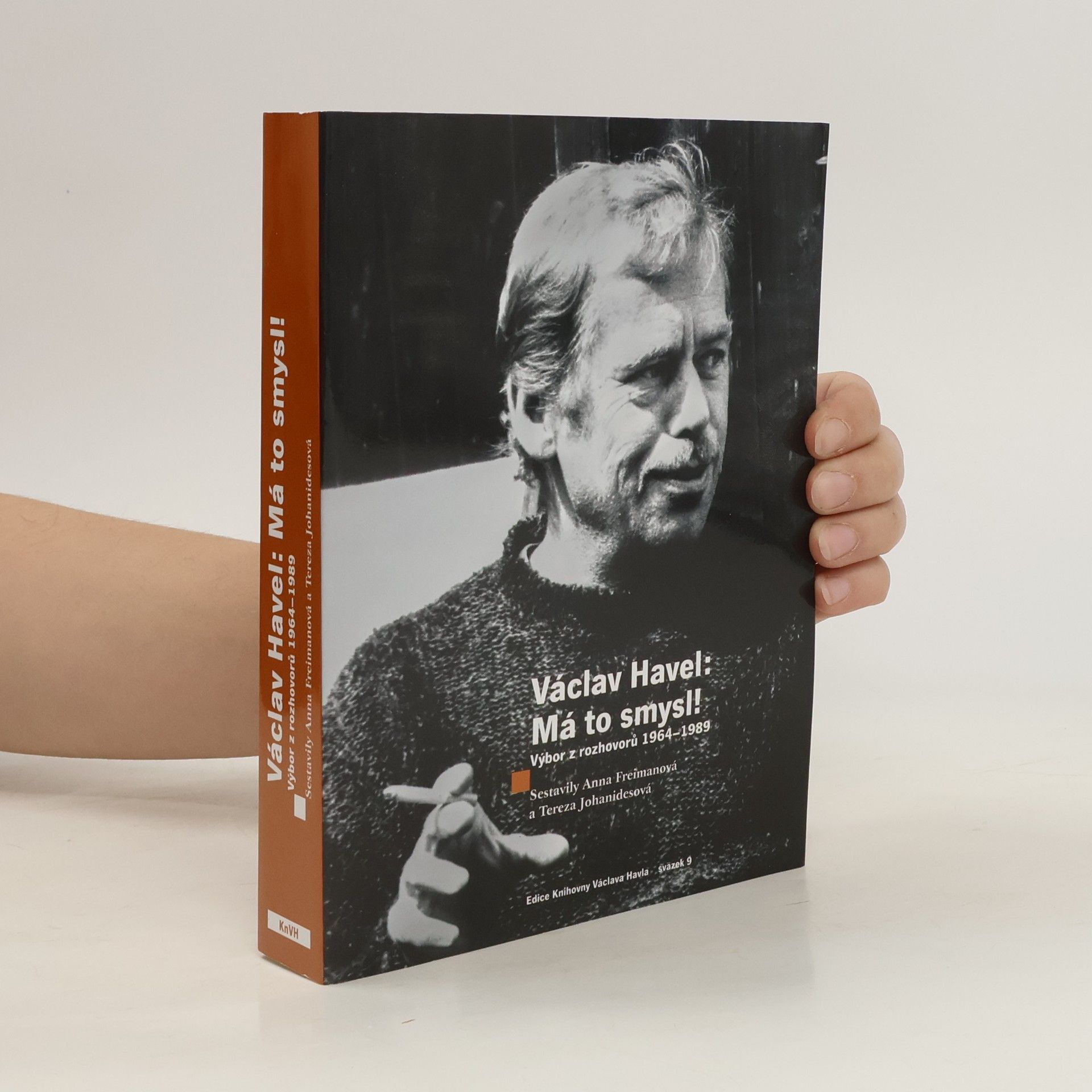Péče o stát
- 199 pages
- 7 hours of reading
Sborník společně dosud nepublikovaných projevů a vystoupení Václava Havla Péče o stát je orámovaný jeho kandidátským článkem z deníku Mladá fronta z ledna 1993 a završený slavným rudolfinským projevem. „Ve všech je dominantním rysem vpravdě etický rozměr, který se tento muž snažil do věcí veřejných a reálné politiky vtisknout. O Václavu Havlovi bylo napsáno nesčetně úvah, studií, oslavných tirád i hanopisů. O jeho skutečně lidském a trvale inspirujícím rozměru zjistíme nejvíc právě z jeho textů, které tvoří tuto knihu,“ píše v úvodním slově knihy Pavel Rychetský. Vznik sborníku popisuje jeho editorka Anna Freimanová: „Vybrala jsem třináct proslovů, z nichž je patrné, jak Václav Havel "buduje" moderní demokratický stát. Cílem publikace je připomenout, jaký obsah dal Havel svému prezidentství, na čem stavěl nový stát a jak se snažil navazovat nitky jednotlivých společenských oblastí, tak, aby země prospívala. S tím souvisí i akcent VH na morální rozměr politiky a jeho starosti o atmosféru ve společnosti. Tento konkrétní výbor vznikl se záměrem přiblížit politikům i běžnému čtenáři zásadní problémy české politiky devadesátých let. Nejde o příběh se špatným koncem, ale o „léčbu šokem“, o typicky havlovský princip: pád do krize otvírá cestu k reflexi, naději a inspiruje k úsilí nejen se ze dna zvednout, ale posunout se dál.“
